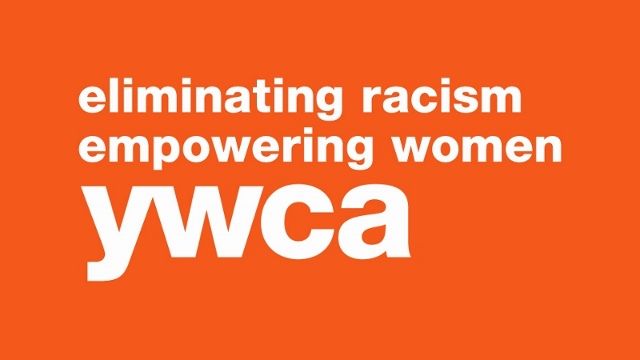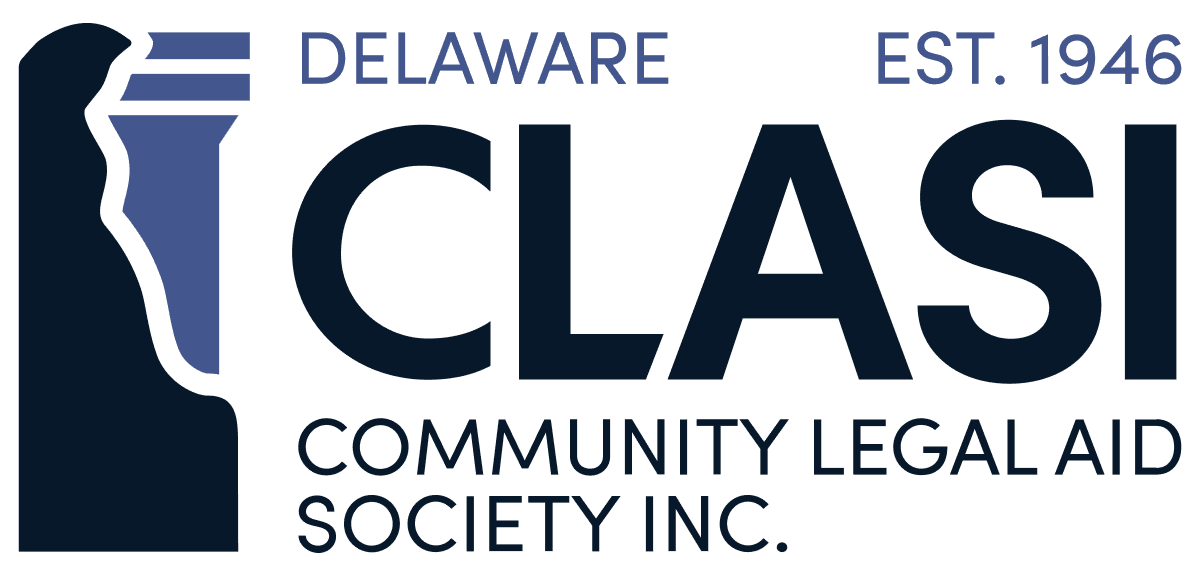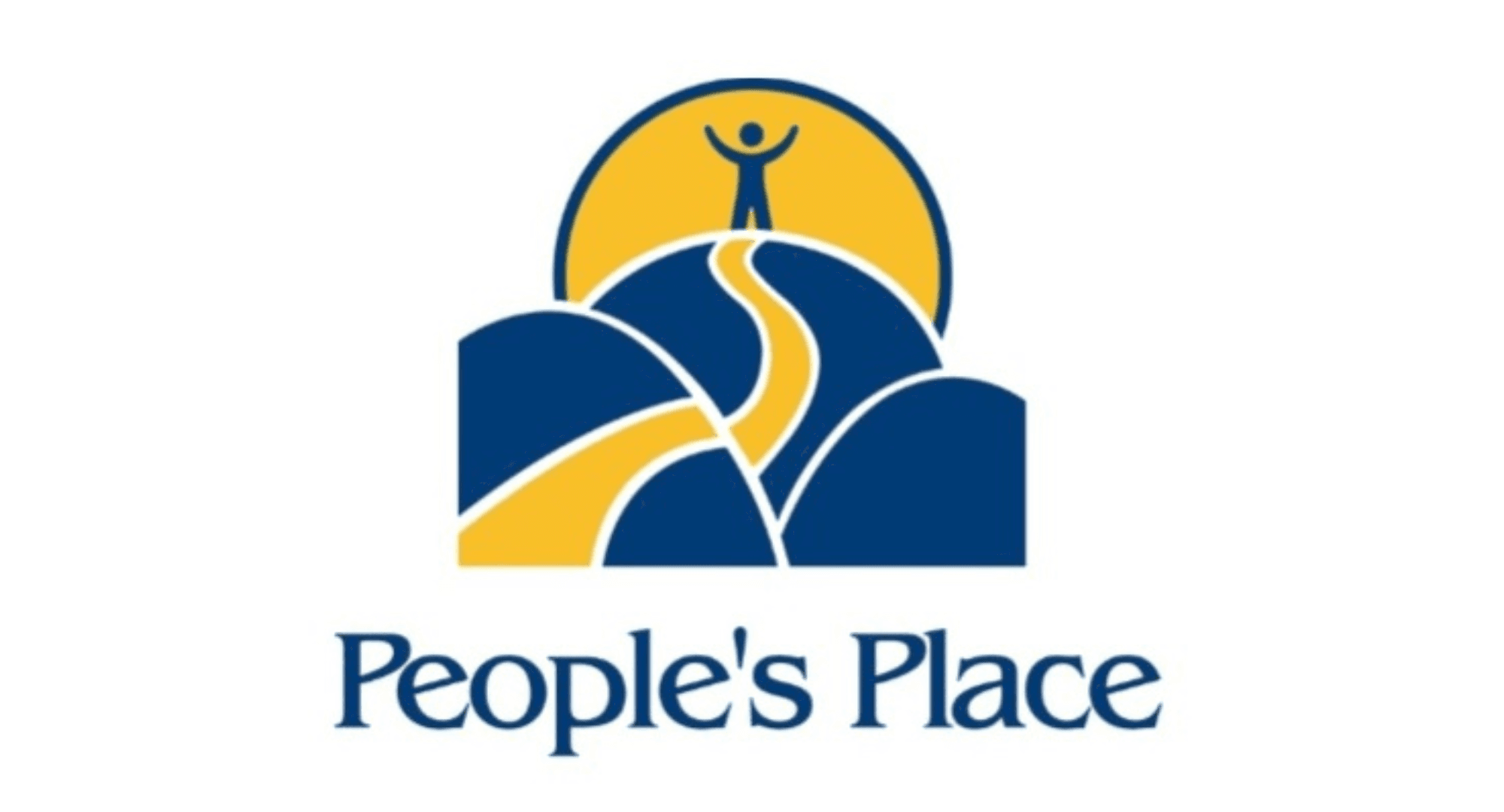Responding to Victims of Sexual Assault
Megan Bittinger, DVS, Medical Community Engagement Liaison, YWCA Delaware
April 2020
The Centers for Disease Control and Prevention reports that 9,362,000 women and 1,773,000 men needed medical care as a related impact of sexual violence. For many survivors, the first person they disclose their experiences to is a trusted healthcare provider. However, when approaching the subject of sexual assault and sexual violence with the medical providers, there is often a general agreement that practitioners care a great deal about the health and wellbeing of their patients, but they don’t always know the best way to respond to a disclosure.
To help prevent further traumatization and victimization of survivors, there is a national trend in both sexual violence prevention and preventative medicine to make medical providers more informed about how to provide a trauma-informed, evidence-based response to patients who disclose victimization. This is combined with efforts to conduct evidence-based screening and build connections with community resources. The Centers for Disease Control and Prevention stated in its 2010 summary report that, “the healthcare system’s response must be strengthened and better coordinated for sexual violence, stalking, and intimate partner violence survivors to help navigate the healthcare system and access needed services and resources in the short and long term.” The need for a coordinated community response to sexual violence is echoed by the National Sexual Violence Resource Center: “Quality sexual and reproductive health care can be a crucial connection to information, services, and treatment. When health care providers routinely assess patients for experiences with violence and reproductive coercion in a trauma-informed way, they may increase access to emergency contraception and counseling services.”
Both medical and sexual violence resource centers, journals, and national organizations stress the need for the healthcare community to support survivors and connect them to community resources; however, not all medical professionals receive comprehensive trainings on how this is done in practice. While the following suggestions are not a substitute for in-person professional trainings, here are a few evidence-based, trauma-informed practices any healthcare provider can incorporate into their regular procedures to support survivors if they disclose:
“I am so sorry that happened to you. You did nothing to deserve that. It was not your fault.” The best response to anyone disclosing experiences of sexual violence is to listen, believe, and support. Survivors who are met with belief and support the first time they share what has happened to them are far more likely to continue to seek help. The hardest part of supporting a survivor can sometimes be to allow for silence and not to ask a lot of questions, but remember that the person sharing their story is sharing one of the most personal and traumatic experiences someone can go through. Allow them their personal space, time to breathe and collect themselves, and most importantly do not ask any questions about their experiences that are not medically necessary or required to assess their safety.
“I know that was really difficult for you, so thank you for sharing that with me. I care about you and how this affects your health. How can I help you?” Reliving experiences of sexual violence can be extremely upsetting and even traumatic for patients. It’s important to acknowledge how much courage and strength it took for them to share their story. Also, it’s important to keep in mind that as a provider, there may be protocols you have to follow after someone discloses. However, allow the survivor to dictate what assistance they need. Allowing patients to dictate and have some control over what happens next restores some of the control and autonomy they had taken from them during their experiences.
“I’m really glad you reached out today and I want to set you up with some support for when you leave here today. I know a local organization that has helped a lot of my patients and I think they could really help you too. Would you want to call them together?” Initiating the coordinated community response is a crucial last step before a patient leaves the safety of the healthcare facility. Additionally, if a patient trusts a healthcare provider enough to disclose their experiences of sexual violence, it goes a long way toward a successful referral if the healthcare provider is able to transfer that trust to the community agency. While a patient feels safe enough to disclose, it’s important for the healthcare provider to take the time in the moment to connect the patient with a community agency for support.
Responding to a patient who has just disclosed their experiences with sexual violence can be scary and intimidating, but providers have the ability to prevent further harm and traumatization and ensure their patients have continued help and support. If you are interested in free trainings for healthcare providers about these topics or to refer a patient for services, call the YWCA Delaware Sexual Assault Response Center’s 24/7 Helpline at 800-773-8570.




